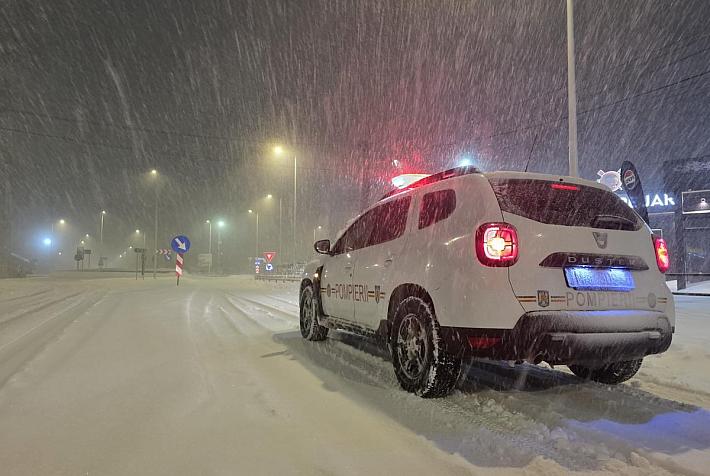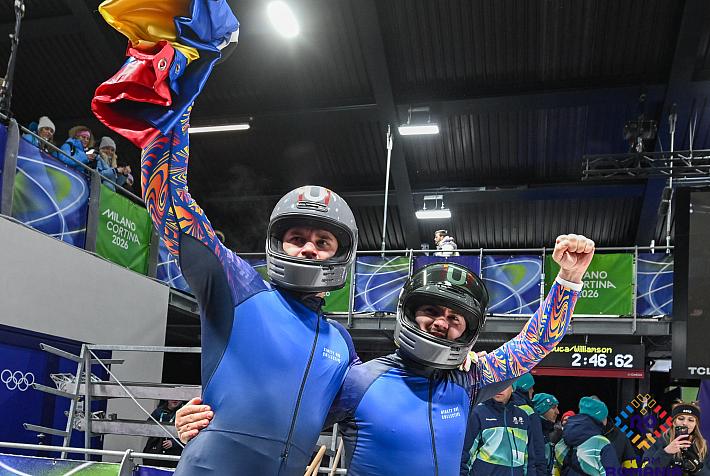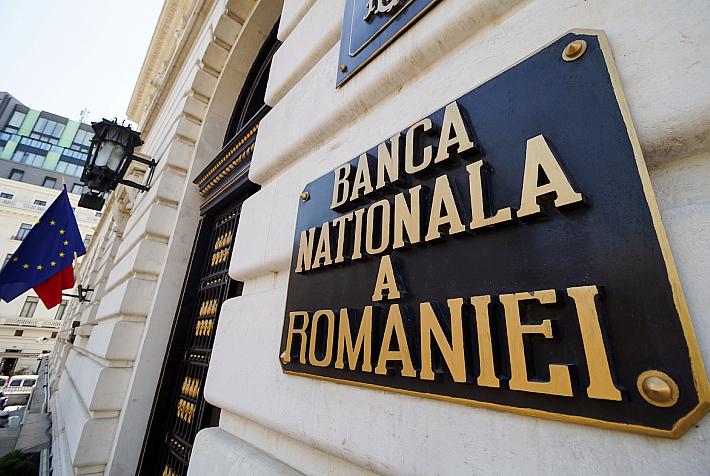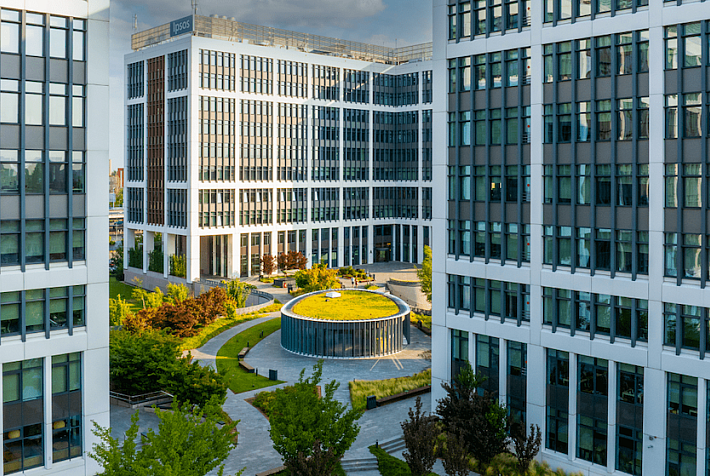Romania gets EUR 48 mln from the World Bank to reduce nutrient pollution

The World Bank’s Board of Executive Directors approved on Monday, March 28, a EUR 48 million additional financing for Romania, for the Integrated Nutrient Pollution Control Project, which aims to reduce the discharge of nutrients (nitrogen and phosphorus) into water bodies. The project will help Romania meet the EU Nitrates Directive requirements.
The EUR 48 million additional financing will complement the original EUR 50 million World Bank-supported project and will focus on scaling up investments and management practices to reduce nutrient pollution from agricultural, livestock, and human sources nationwide, according to a statement of the financial institution.
The agricultural production in Romania is concentrated in small farms under 5 hectares in size, the majority of which keep animals in the vicinity of the household without adequate collection and storage facilities for animal waste. Such environmentally-unfriendly practices lead to pollution of groundwater and pose a general health hazard for Romania’s rural population. Under this project, some 30,000 small farms will benefit from support in manure collection and composting facilities, manure management, biogas production from animal waste, and/or sewage and wastewater treatment in about 100 communes highly exposed to nitrates pollution.
“Romania is endowed with important agricultural resources. Protecting and capitalizing on these assets is inextricably linked with the sustainable use of land and the application of environmentally-friendly agricultural production practices,” said Elisabetta Capannelli, World Bank Country Manager for Romania and Hungary.
Moreover, the funds will also finance activities that aim to strengthen the institutional capacity. For example, the National Administration for Romanian Waters (ANAR) will be supported in monitoring and reporting on the quality of surface and groundwater to national and EU bodies.
The project will also enhance public awareness raising and citizen engagement activities.
The World Bank has supported Romania to achieve its national priorities since 1973. So far, the Bank has provided over USD 12.6 billion in loans, guarantees and grants across a broad spectrum of sectors. The International Finance Corporation (IFC), the private-sector arm of the World Bank Group, also has a program in Romania investing more than USD 2.4 billion since the start of operations in Romania.
Romania borrows EUR 48 mln from IBRD to reduce nutrient pollution.
Irina Popescu, irina.popescu@romania-insider.com












